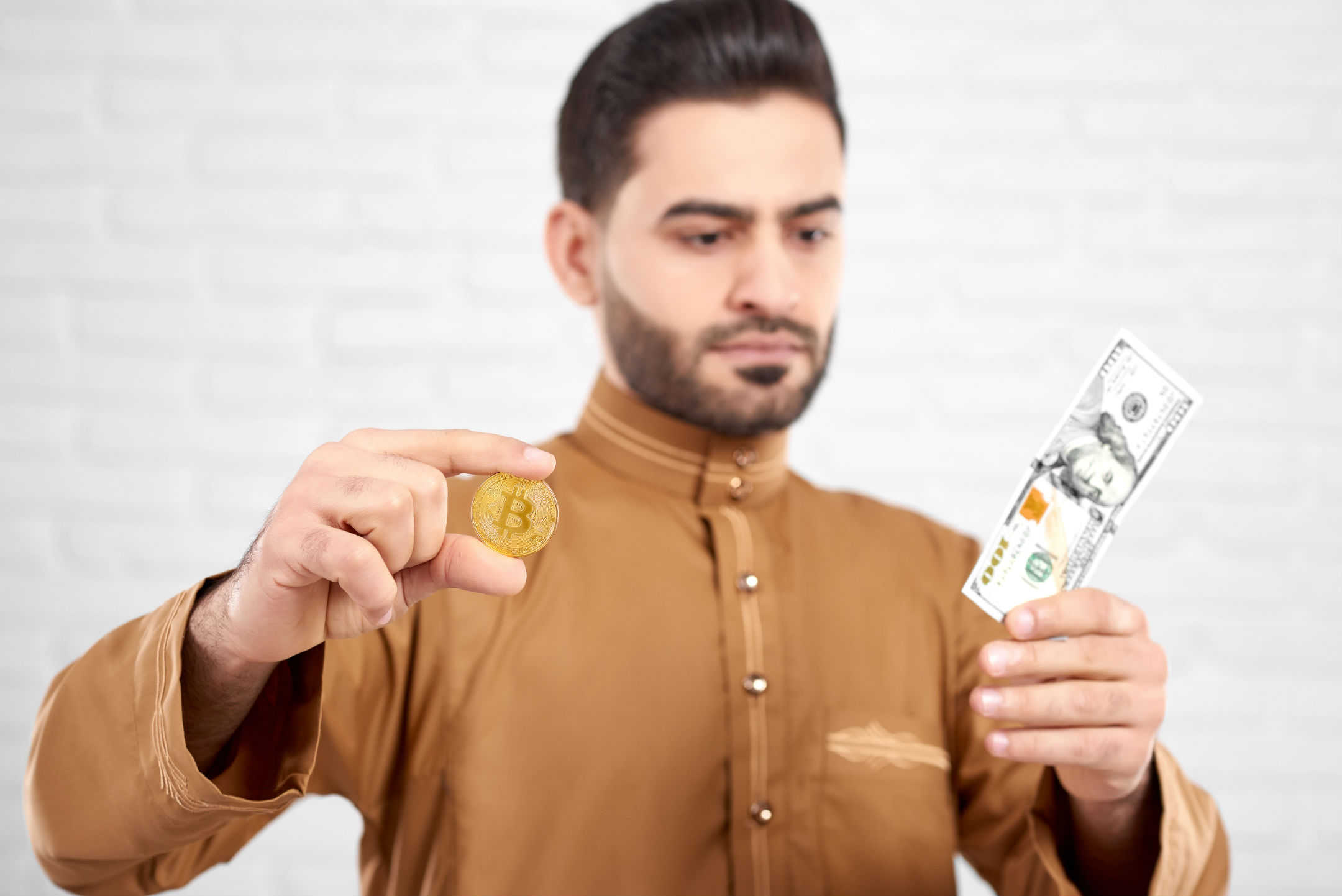Sharia Law And Bitcoins Fatwa
As investors and entrepreneurs continue to wait for legal clarity around Bitcoin and other cryptocurrencies, another hugely important group is also looking for clear guidelines.
By "group" I am referring to an estimated 1.6 billion Muslims of the world, or 23% of the world’s population according to the December 2012 Global Religious Landscape report from the Pew Research Center’s Forum on Religion & Public Life.
Due to the core belief of Muslims that Islam is a complete code for life, its followers look up to the teachings and laws of Sharia and live their lives accordingly. As stated by the Library of Congress, "In its Islamic context, Sharia may be defined as the totality of God’s commands and exhortations, intended to regulate all aspects of human conduct and guide believers on the path of eternal salvation".
The primary sources of Shariah are the Koran and the Hadith. Muslims generally believe that Koran is the word of God transmitted to Prophet Muhammad, and Hadith is the collection consisting of the deeds and sayings of Muhammad. These texts hold the same value in expressing the divine will of God.
If a Muslim today wants to invest, or be involved in Bitcoin, the information available to them mainly depends on the route they take. A practicing Muslim with an inquiring mind may have to go through several loops, to find a reasonable argument, before reaching a conclusion. An argument, no matter how balanced, has to have its origins from within the proposed Islamic Finance Model as described by the Shar’iah.
Considering the fact that there is no hierarchy in Islam, common law rulings and scholarly interpretations known as ‘Fatwas’ act an interpretation of the Sharia and its text. There’s a Fatwa on Bitcoin which you can read here.
Dr Monzer Kahf explains his understanding of Bitcoin from the Sharia angle, in the first paragraph of the Fatwa. He argues, "Like any other currency it is money within its community and exchanging it with other currencies is definitely subject, in my opinion, to [the] same conditions of exchanging currencies"
Professor Monzer reaches a conclusion that Bitcoin is just like any other FIAT currency, and is subjected to the same scrutiny. He goes on to clarify, "no leverages and no futures" adding, "no speculation"
The aforementioned Fatwa talks about one of the broad principles adhering to Islamic Finance, known as Qimar (speculation). Along with strict prohibition on Maysir (gambling) and Riba (interest), Islamic finance closed the window on conventional debt-based instruments. It is a consensual belief of Islamic scholars and jurists that a system like this would prevent unfairness and exploitation.
However, the main criticism in the Bitcoin Fatwa revolves around the manipulation of a currency in closed circles, which he suspects Bitcoin is a victim of. There have allegations of several Bitcoin exchanges faking trade volume in the last year, and market manipulation.
By imposing these rules, preventing the use of conventional financial instruments, Islamic Finance then offers different ways of conducting financial transactions for service providers. Basic instruments like cost-plus markup financing (murabaha), profit-sharing (mudarabah), leasing (ijarah), partnership (musharakah), and forward sale (bai’ salam) allow a range of other financial services to be built upon permitted instruments. This suggests that there is a lot of room for financial innovation among the Islamic financial markets.
With regard to Bitcoin’s compatibility with Islamic Finance, an expertise in both these areas is required to reach a conclusion. Jan Bergstra, a Dutch computer-scientist with an inkling towards Islamic finance gave a presentation at the start of 2014. In his presentation, he classifies Bitcoin as "a money-like informational commodity (MLIC)" and then goes further to point out that "Bitcoin, both in its design and in its development, contributes to the understanding of the concept money."
Due to the open and decentralized nature of Bitcoin, Jan argues that ownership and access of Bitcoin as an MLIC can easily be identified and accessed – hence, Riba (interest) on Bitcoin assets is not plausible. Jan also outlined five basic principles of Islamic Finance which constitute the basic requirements for compliance. Among those five principles, he argued that a Bitcoin-like system doesn’t adhere to only one requirement; prohibition of gambling.
His viewpoint on the mining mechanism indicates a process similar to a lottery, where the entity with the most resources has the highest probability of winning. This interpretation is based on personal opinion and is open for discussion. Apart from the technical tone of his research, it would serve as good resource for anyone looking clarity on this matter.
However, in the process of examining literature on Islamic finance, it must not be forgotten that Fiqh. or Islamic law, is a process rather than a strict code. The differences between several legal schools of thought must be utilized to resolve a problem at hand in light of modern circumstances rather than obstructing the way to progress.
Both Islamic finance and Bitcoin contribute to the ongoing development of unconventional financial methodologies, both are in contrast to the so-called Western financial system. In a way, it wouldn’t be unfair to conclude that they have a mutual opponent. If Bitcoin is to really become the future of money, as its proponents suggest, it would certainly be interesting to watch its evolution from an Islamic point of view.
– Originally published Dec 2014
As investors and entrepreneurs continue to wait for legal clarity around Bitcoin and other cryptocurrencies, another hugely important group is also looking for clear guidelines.

Don’t miss out – Find out more today



